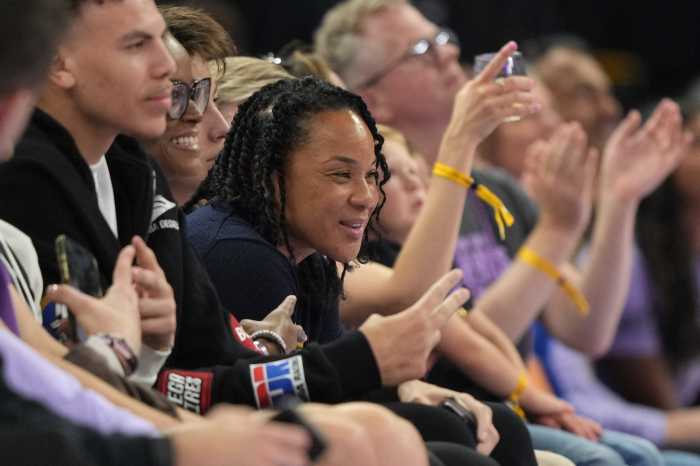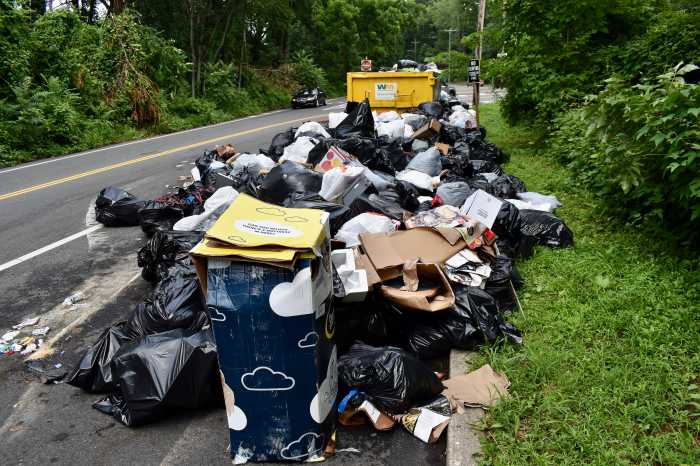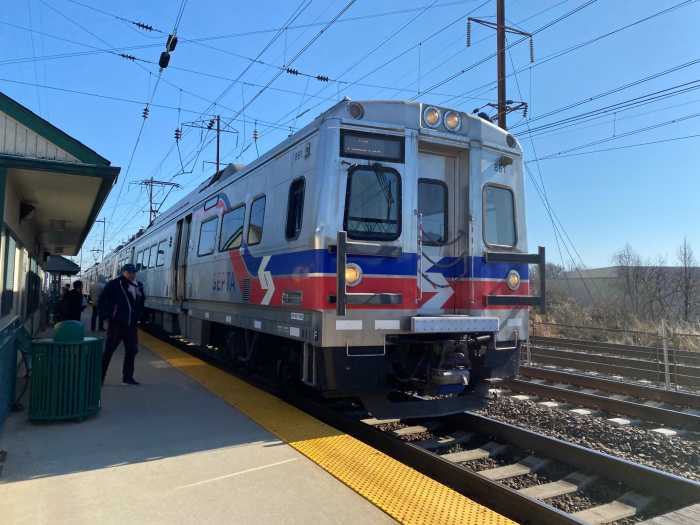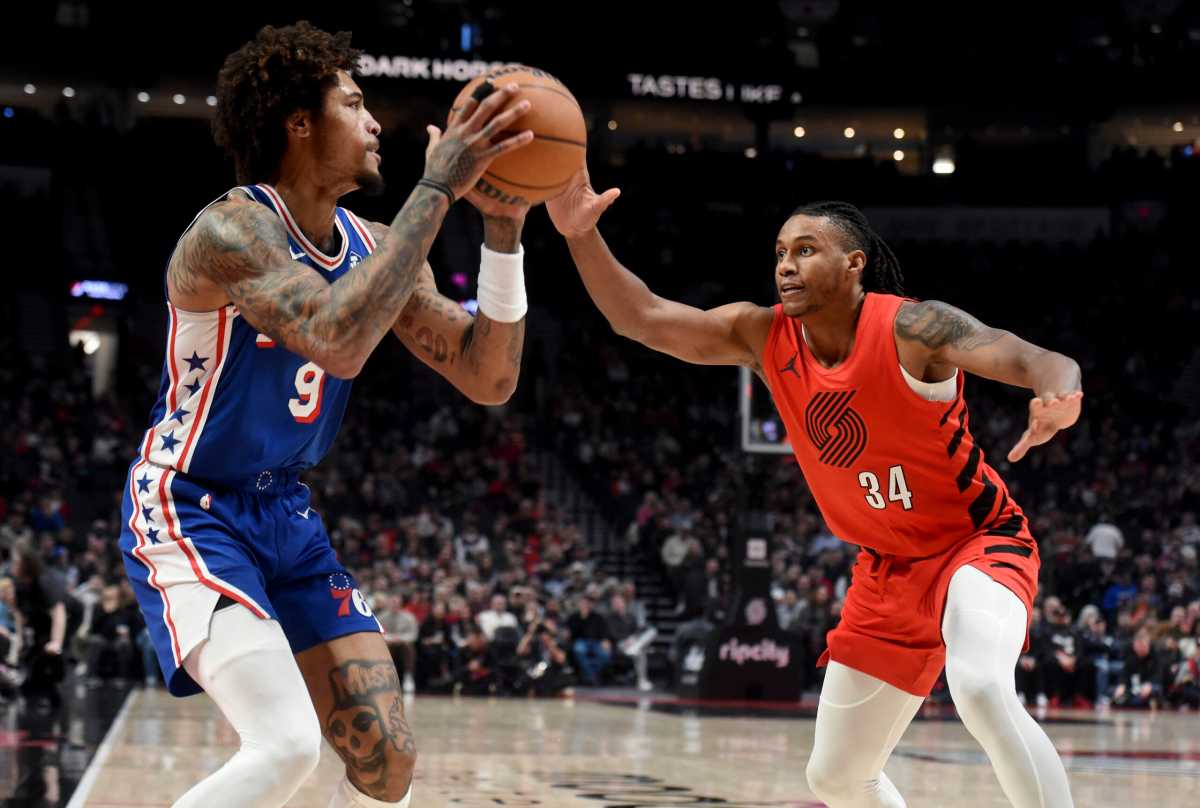African American women with children make up 70% of the eviction rate in Philadelphia.
That statistic shocked Judith Robinson when she first heard in during a community meeting in North Philadelphia in 2018. As a Philadelphia real estate broker, Robinson was aware of housing issues throughout the city, but learning the severity of that number was a shock.
“I didn’t know the rate was that high. I know that we have major housing issues, but I didn’t think women with children made up that much of the rate,” Robinson said. “After hearing this, I testified in hearings, and wherever there was a conversation about housing. I would speak on it anytime I had an opportunity… anytime I got an opportunity to talk about Black women and our community.”
Robinson, born in Strawberry Mansion, is a local activist and manages the 32nd Ward Registered Community Organizations (RCO) in North Philadelphia. For years, she has spoken at many housing council meetings, women’s activist community groups and neighborhood meetings in an attempt to shed light on this growing crisis.
“Right here in the 32nd Ward, there are so many vacant PHA properties. Why can’t these be cleaned, repurposed and reoccupied to this demographic?” Robinson asked. “They are women with children.”
Robinson explained as a real estate broker, she is familiar with difficulties behind land distribution. But she says she does believe that with some effort, city government, PHA and other housing organizations can pull together to provide relief to this demographic.
The data
There are similarities between Philadelphia housing statistics and nationwide numbers regarding racial disparities when it comes to Black or Brown women with children being evicted.
According to a study on Philadelphia evictions from the Reinvestment Fund prior to the pandemic, there were 20,000 evictions filed each year in landlord tenant court in Philadelphia. A closer look at the demographic overlay shows it’s Black women with children who lead the eviction rate in the city.
The pandemic offered some protections and slowed down proceedings in landlord tenant courts. However, still, the majority of evictions were happening to Black women.
According to Rasheedah Phillips, a former managing attorney for the Tenant Housing unit at Community Legal Services in Philadelphia, both national and local numbers reveal that Black women are disproportionately affected by eviction.
Data from a 2020 national study of evictions found that women—especially Black and Latinx women—are disproportionately targeted for eviction. The number of women evicted is 16% higher than the number of men evicted (across the 1,195 counties studied, 341,756 women were evicted, compared with 294,908 men). Black women face eviction filings at nearly twice the rate of white women.
Programs and solutions
Philadelphia’s Eviction Diversion Program does offer support.
The purpose of the program is to settle disagreements between landlords and tenants outside of court and without an eviction filing. The program was created during the Covid-19 pandemic, and since, more than 4,000 landlord and tenant pairs have participated. The program has proved a 75 % success rate.
Robinson lives close to the Woodstock Shelter, which pre-pandemic was an all women’s shelter, but is now an emergency shelter for homeless, single parents with children. She expressed frustration after seeing so many mothers and children with no housing.
“How is it that there can be subsidized and other specific housing for other ethnic and identity groups, but none at all specifically for women with children?”

































